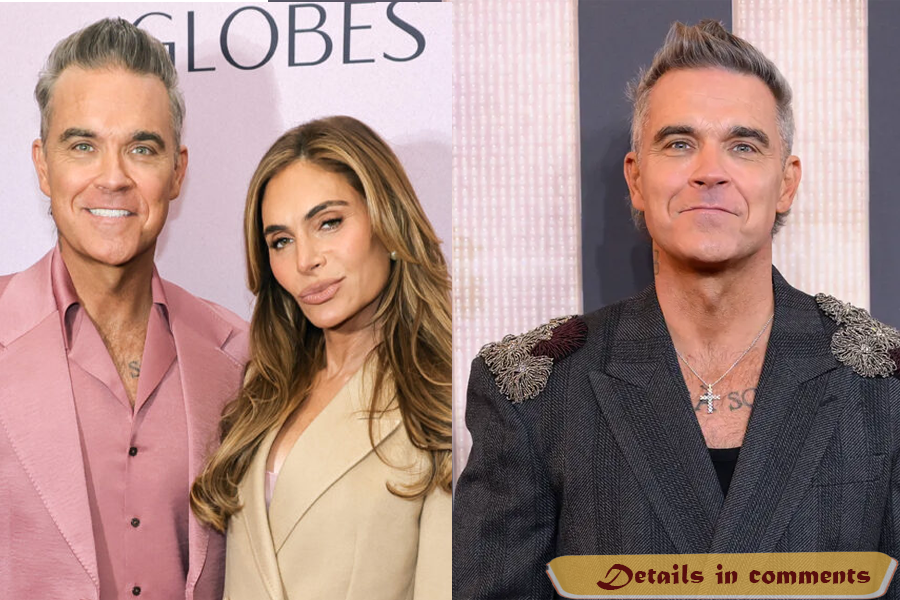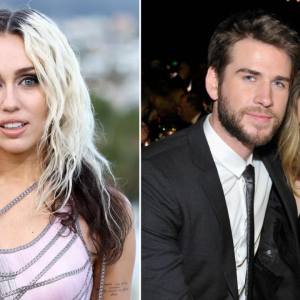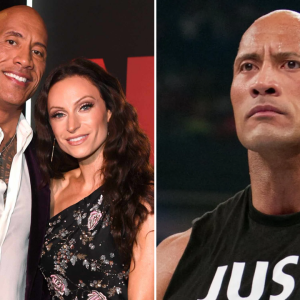At 51, Robbie Williams — former member of the iconic boy band Take That and one of the UK’s most recognized pop stars — has once again found himself in the spotlight. But this time, it’s not because of a new hit single or a global tour. Instead, it’s due to his shockingly candid revelations: Robbie has been diagnosed with scurvy — a disease associated with 17th-century sailors — and he’s also experienced a major depressive episode, the first in over a decade.
Through his personal account, a much broader issue comes into focus: the hidden cost of fame, the brutal pressures of image in modern society, and the devastating consequences of neglecting one’s health in pursuit of perfection.
Scurvy: An “Outdated” Disease Making a Modern Comeback
Scurvy, caused by a severe deficiency in vitamin C, was once the bane of sailors who spent months at sea without access to fresh fruits and vegetables. Today, in developed countries, the disease is considered rare thanks to the availability of a diverse food supply.
However, in recent years, scattered cases of scurvy have been reported again, mostly linked to extreme diets, eating disorders, or a lack of nutritional knowledge. Robbie Williams’ case is a glaring example.
In a brutally honest conversation, Robbie revealed that he had been using appetite suppressants to control his weight — largely driven by the desire to maintain a “perfect” figure in the eyes of the public. The pills suppressed his hunger so effectively that he ended up barely eating at all, severely depleting his body of essential nutrients.
“My body was sending out SOS signals — bleeding gums, aching muscles, constant fatigue — but I chalked it up to getting older,” Robbie shared. It wasn’t until a doctor diagnosed him with scurvy that he realized just how far off track he had gone.
Appetite Suppressants: A Double-Edged Sword
The use of appetite suppressants, especially those taken without medical supervision or for the wrong reasons, has become increasingly common — not only in showbiz but also across social media trends. These pills may offer quick weight-loss results but can wreak havoc on the body.
They disrupt the brain’s hunger regulation, unbalance hormones, and may lead to severe nutritional deficiencies. In Robbie’s case, they left him with no desire to eat, eventually causing him to suffer from scurvy — a result he never anticipated.
“I used to think: as long as I’m thin, everything will be okay. But it turns out, that was just an illusion,” he admitted. “I was 12 kilograms lighter but also weaker, more exhausted, and more miserable than ever.”
Depression: The Silent Battle of Many Artists
Robbie wasn’t just struggling physically — mentally, he was spiraling. The singer acknowledged that he had fallen into a serious depression, his first major episode in over ten years.
Robbie has long been open about his mental health challenges. He has battled addiction, suicidal thoughts, anxiety, and the crushing weight of loneliness. But the relentless demands of fame and the punishing rhythm of the entertainment industry have only made those struggles harder.
This recent episode crept in quietly, manifesting as persistent fatigue, insomnia, a sense of meaninglessness, and eventually emotional withdrawal. “I felt empty. Like I had everything, yet nothing at all,” he confessed.
The Pressure of Public Perception: The Hidden Cost of Fame
On a deeper level, Robbie’s story illustrates the darker side of celebrity culture. As a public figure, he — like many other artists — constantly feels the need to preserve his image: physically, emotionally, and professionally. A single photo showing weight gain can become tabloid fodder. A moment of fatigue might be exaggerated into a “breakdown.”
He admits that social media and the press contributed to a never-ending cycle of self-surveillance — where perfection is expected at all times, regardless of the cost. “You’re not allowed to age. You’re not allowed to be tired. You’re not allowed to gain weight. Being famous feels like living in a fishbowl — everything you do is under a microscope,” he said.
A Journey Toward Healing and Rebirth
And yet, Robbie Williams’ story doesn’t end with pain. It’s also a story of healing — a journey that began with him acknowledging his condition, sharing his truth publicly, and gradually rebuilding a healthier lifestyle.
Today, Robbie has stopped taking appetite suppressants, is working with nutritionists, and undergoing therapy to manage his depression. He’s rediscovering joy in simple things — writing music, spending time with his family, and yes, eating a proper breakfast.
“I’m learning how to live again — this time, for real,” he says with a lighthearted smile.
A Message for Us All
Robbie Williams’ experience is not just a health diary of a celebrity — it’s a wake-up call for modern society. In a world obsessed with unrealistic body standards, constant comparison, and online validation, many are sacrificing their well-being to chase an unattainable version of “perfection.”
His story reminds us that no ideal body is worth more than our health. No spotlight shines brighter than inner peace. And no one — not even global icons — is immune to pain if they don’t learn to listen to their mind and body.



